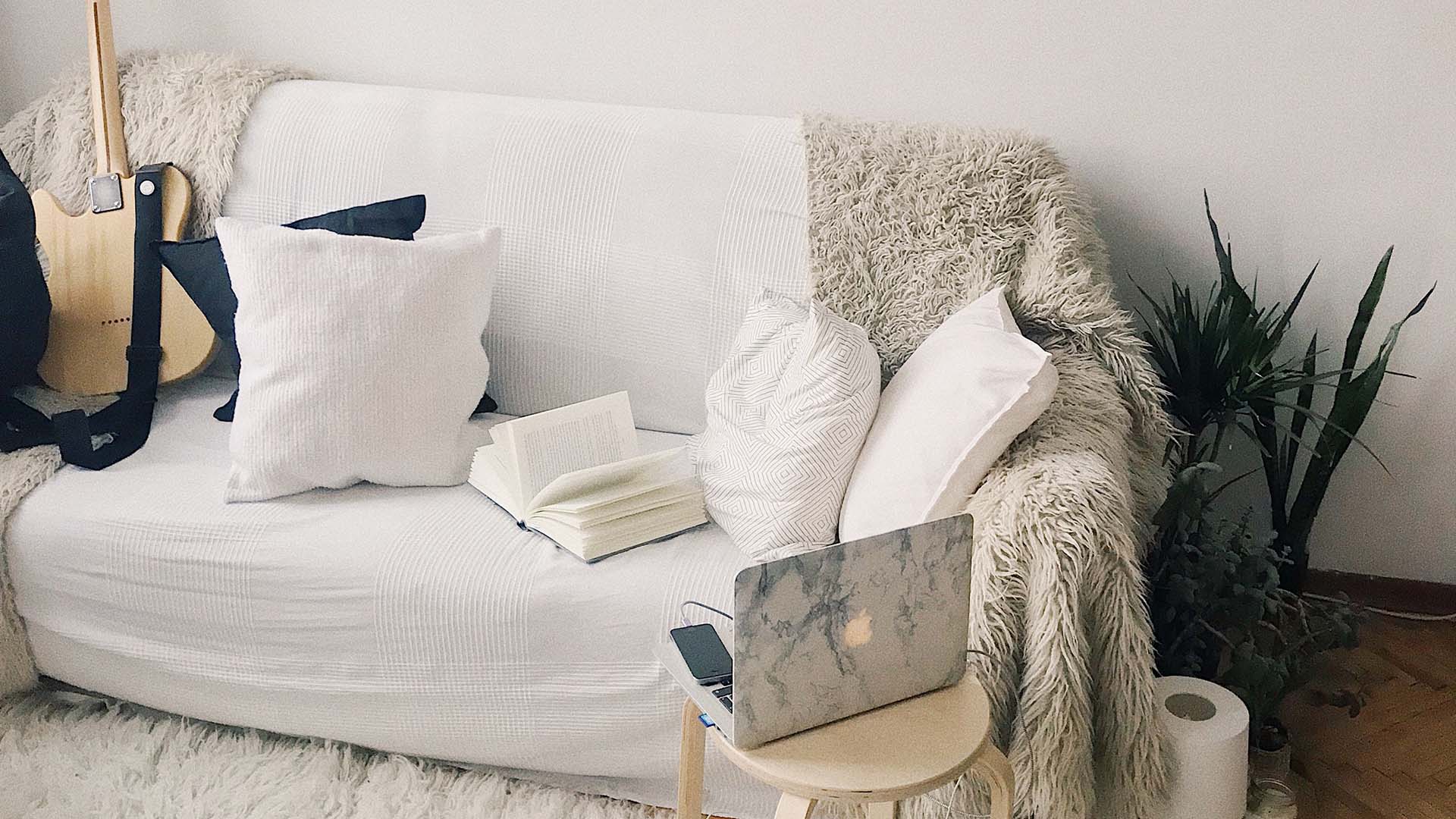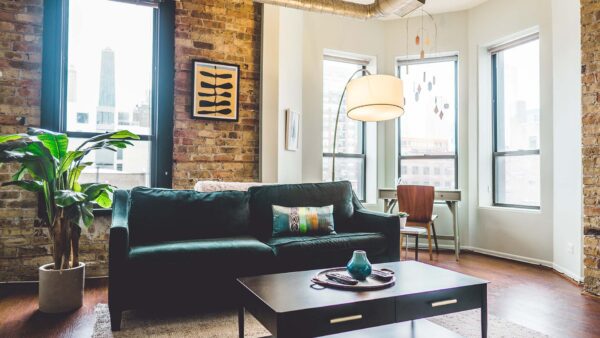It can seem like easy money, but before you list your “basement apartment” on Kijiji, there are a few things you need to know.
With housing prices in the GTA continuing to rise and rental accommodations scarce, many homeowners are thinking about splitting their family home into a duplex or putting in a basement apartment to bring in additional income. It can seem like easy money. But before you list your “basement apartment” on Kijiji, here are a few things you need to know.
1. Not all finished basements are basement apartments
If you already have a finished basement with a separate entrance that you use when you have guests over, you may think that you can put it on the market right away. Not so fast. If you had the work done, you should know whether the municipality approved it as a finished basement or as a basement apartment, or not at all. If the work was done before you bought the property, you may have no idea.
If yours are part of the estimated 70% of renovations that were done without a permit, there’s a good chance that your basement apartment does not meet the minimum requirements for renting. There could be a number of problems, but the most common are related to fire safety.
Common fire safety problems with basements include:
- Not enough fire exits (basement windows are generally too small)
- Not enough smoke and carbon monoxide detectors, or detectors not connected properly
- Faulty wiring
- Walls and ceilings that are not fire retardant
The first step before you rent is to contact your municipality to register the rental unit. They will do an inspection and tell you if your unit is up to code.
2. You may be liable for your tenants ’…and their visitors
Before you rent part of your house, make sure that you have a proper lease agreement in place.
Ontario has a standard lease agreement that you are required to use. It covers things like payment terms, what utilities are included in the rent, whether or not smoking is permitted, and, oh yeah, whether the tenant needs to have insurance.
Make sure to insist, in the lease agreement, that the tenant carry liability insurance for the unit. Your home insurance policy may demand it. The sad fact is that if the tenants don’t have enough insurance, you may be liable should something bad happen. If your tenant has a visitor and they slip on an icy walkway, or if a visitor has too much to drink and then hurts someone with their car, you as the homeowner could be on the hook if your tenant doesn’t have enough insurance. Ask to see the policy.
That’s not to say that you can fully avoid liability for your tenant, and you should certainly talk to your insurance advisor about whether the liability portion of your existing home insurance policy is sufficient.
3. Don’t set the rent too low – you can’t adjust it later
Like many jurisdictions, Ontario has limits on how much you can increase the rent you charge from one year to the next. For 2019, the maximum increase is 1.8%. So before you sign a lease with any tenant, make sure it is a lease you can live with. Consider how much you would like to charge, and what you are willing to accept. Setting the rent low today to get a tenant in the door right away is not a winning strategy. The rent you set today will forever affect the rent you can charge in 5, 10, 15 years. Make sure it is fair to you.
4. Choose your tenants like you choose your friends
Which brings us to the tenant him or herself. Ontario has strong protections for tenants, so be very selective about who you rent to. Remember that you will be sharing space with this person, possibly for a long time, so consider potential tenants the way you would any potential long-term relationship. If you don’t care for their music today, you will certainly hate it ten years from now.
Yes, it is your home, and if you really need to retake possession of the unit because you or a loved one are planning to live in it, you have the right to do so. But if you think you can evict a tenant just so you can charge someone else a higher rent, then the government is on to you.
If you really want the place for yourself:
- You need to give the tenant 60 days’ notice AND pay them one month’s rent;
- You are subject to stiff penalties if you don’t actually take possession; and
- You are subject to stiff penalties if you list the apartment again within one year.
Again, choose your tenants wisely, and set the rent at a reasonable level.
5. The government gets a piece of that rent
Finally, it may seem obvious to some, but if you’ve never had rental income before, it bears mentioning that you will need to pay tax on the rent you receive. As an individual, rental income is taxed at the same rate as any other income you receive. It may be worthwhile to create a corporation for this purpose, to reduce the tax you have to pay. Consult a tax professional to determine how best to proceed. Regardless of how you structure your rental property, you will be able to deduct some of your expenses, to reduce the amount of tax you have to pay.
For most of us, living with a tenant isn’t ideal. If you’re doing it for the money, make sure that it’s worth your while. And that means, know how much income it’s going to bring you, after tax. Because last we checked, the government always gets a piece.
Looking for home insurance?
Speak with a Mitch Insurance broker today to get a quote on Ontario home insurance. Learn more >
Call now
1(403)8000267







